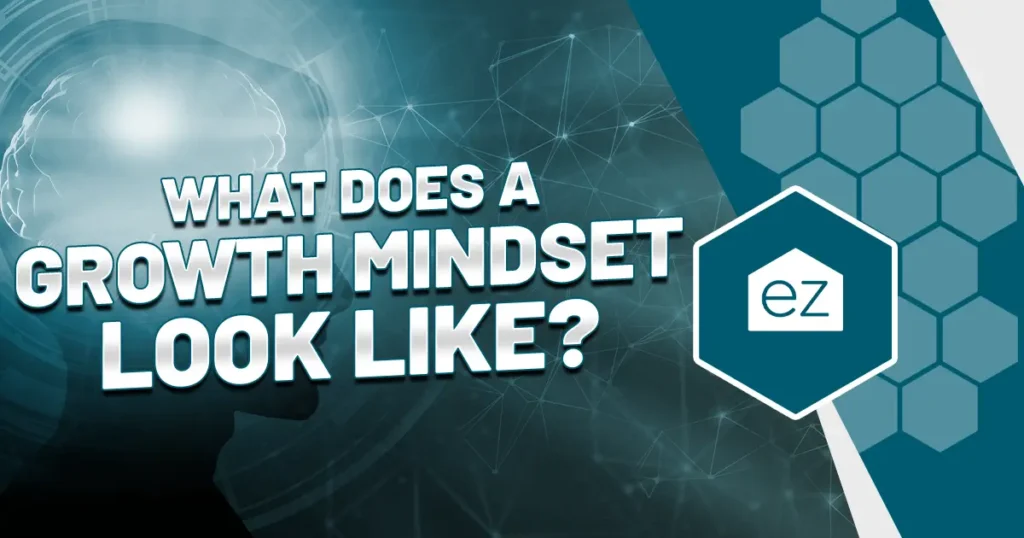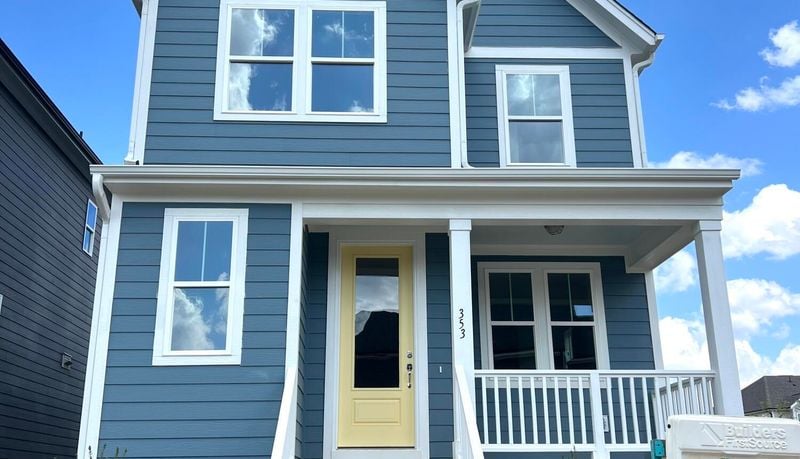All About Government-Backed Mortgages and Loans
Do you know the advantages of government-backed home loans? When you’re looking for a mortgage, whether or not the loan is government-backed or government-insured matters to your loan terms, mortgage rates, and how your loan is handled. Although conventional mortgages are more popular than government-backed ones, these home loans can be the right choice for many borrowers.
Here’s what you need to know about these government-backed mortgages and how they might affect your home-buying process.
Types of Government-Backed Loans
The three primary programs for government-backed loans are the Federal Housing Administration (FHA), the United States Department of Agriculture (USDA), and the Department of Veteran Affairs (VA). A different government agency (the FHA, USDA, and VA, respectively) backs these loan types, protecting the lender from loss. FHA loans are the most common of the three types of government-backed loans.
If a borrower cannot repay the lender and defaults, the government agency that has insured the loan will cover the cost. Note that government-backed mortgages will function slightly differently and have different requirements depending on the agency that insures them.
How Government-Backed Loans Differ from Conventional Loans
Government-backed loans definitely have their benefits! Overall, they offer more flexibility to borrowers compared to conventional loans. Since the loans are insured by the governmental agency and the lender is protected from loss, lenders consider them less risky. Because of this, it isn’t as difficult for borrowers to qualify for them. In addition, the interest rates are usually lower. You will usually only be required to provide a small down payment. Sometimes, you may be eligible for 100% financing on a government-insured mortgage.
This is different from a conventional loan that a government agency doesn’t insure. This is why the requirements of conventional loans—such as a solid credit history and debt-to-income ratio—are so much stricter.
All of this does not mean that government-backed loans lack requirements. They do, and they are usually your specific groups of people. For example, VA loans are only available to veterans, active service members, and widowed spouses of service members who were killed in the line of duty. USDA loans are only available for low- to moderate-income individuals buying homes in designated rural or suburban areas. These loans are intended to stimulate economic growth.
The disadvantages of these loans include additional fees or mortgage insurance, and you may not need for a conventional loan. However, if you can make a sizable down payment, you can avoid paying mortgage insurance. There are also more limitations on how much you can borrow using one of these loans. For example, the county where the property is located determines your FHA or USDA loan borrowing limits.
Discover What Government-Backed Mortgage is Right for You
Are you still looking for more information about government-backed loans? Dig deeper into learning about VA loans, USDA loans, and FHA loans.
Updated April 2024
Start Your Home Search
Preston Guyton
Share this Post
Related Articles
Real Estate Tips
How to Communicate Your Value As A Real Estate Agent
Real Estate Tips
10 Essential Steps to Hiring a Contractor
Real Estate Tips
Why Perfection Squashes Your Real Estate Businesses
Real Estate Tips





